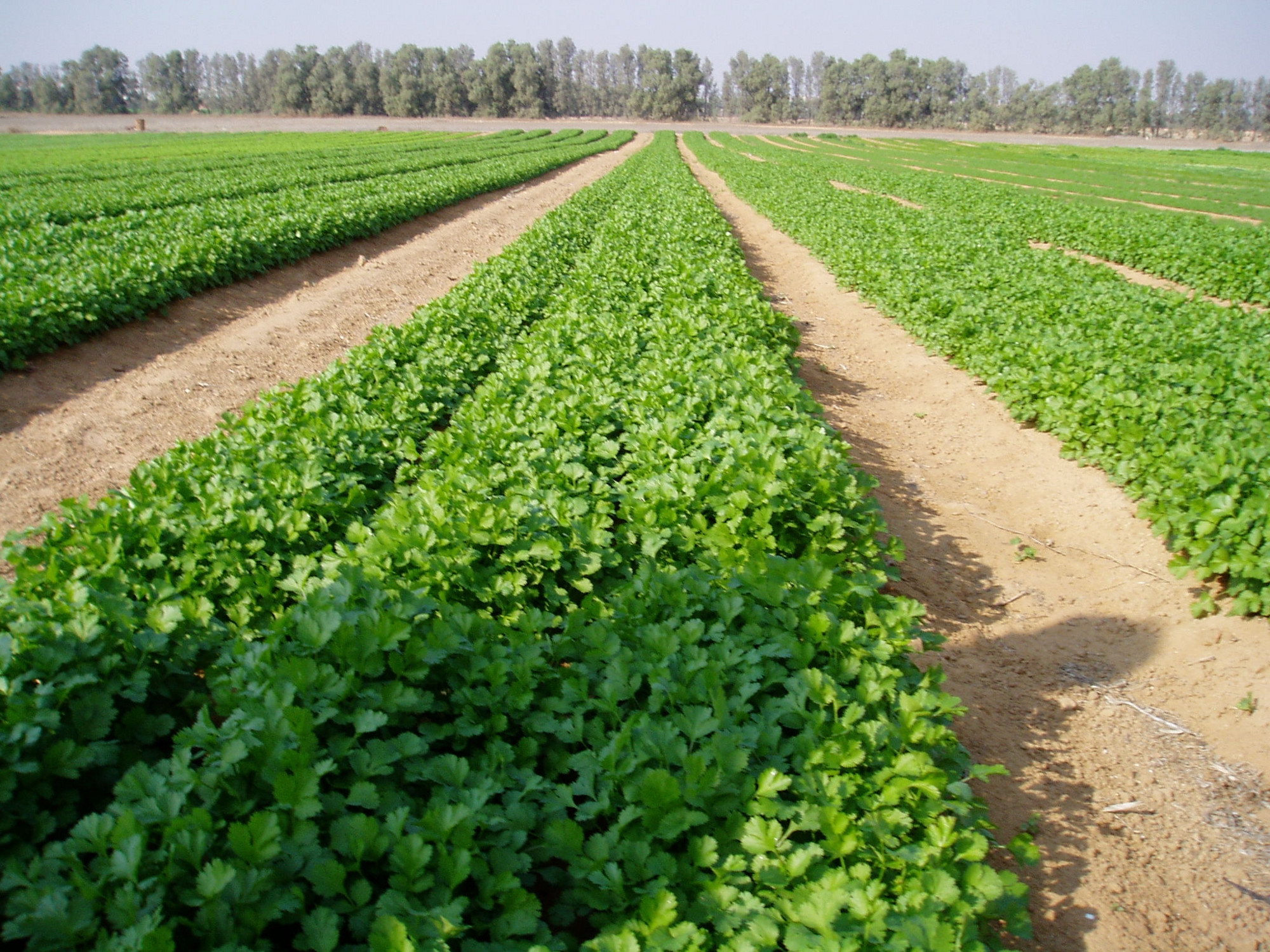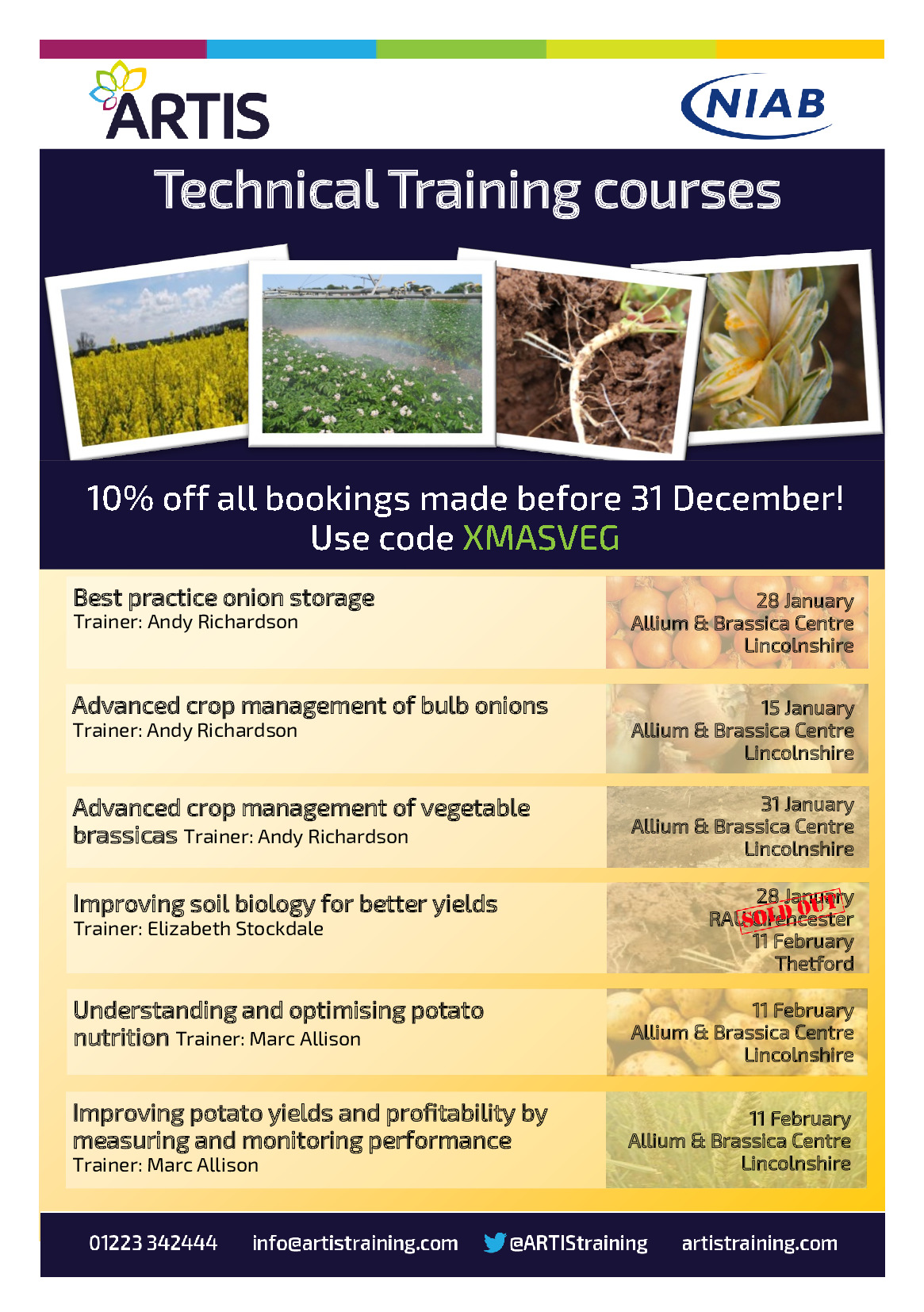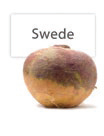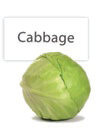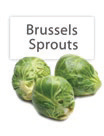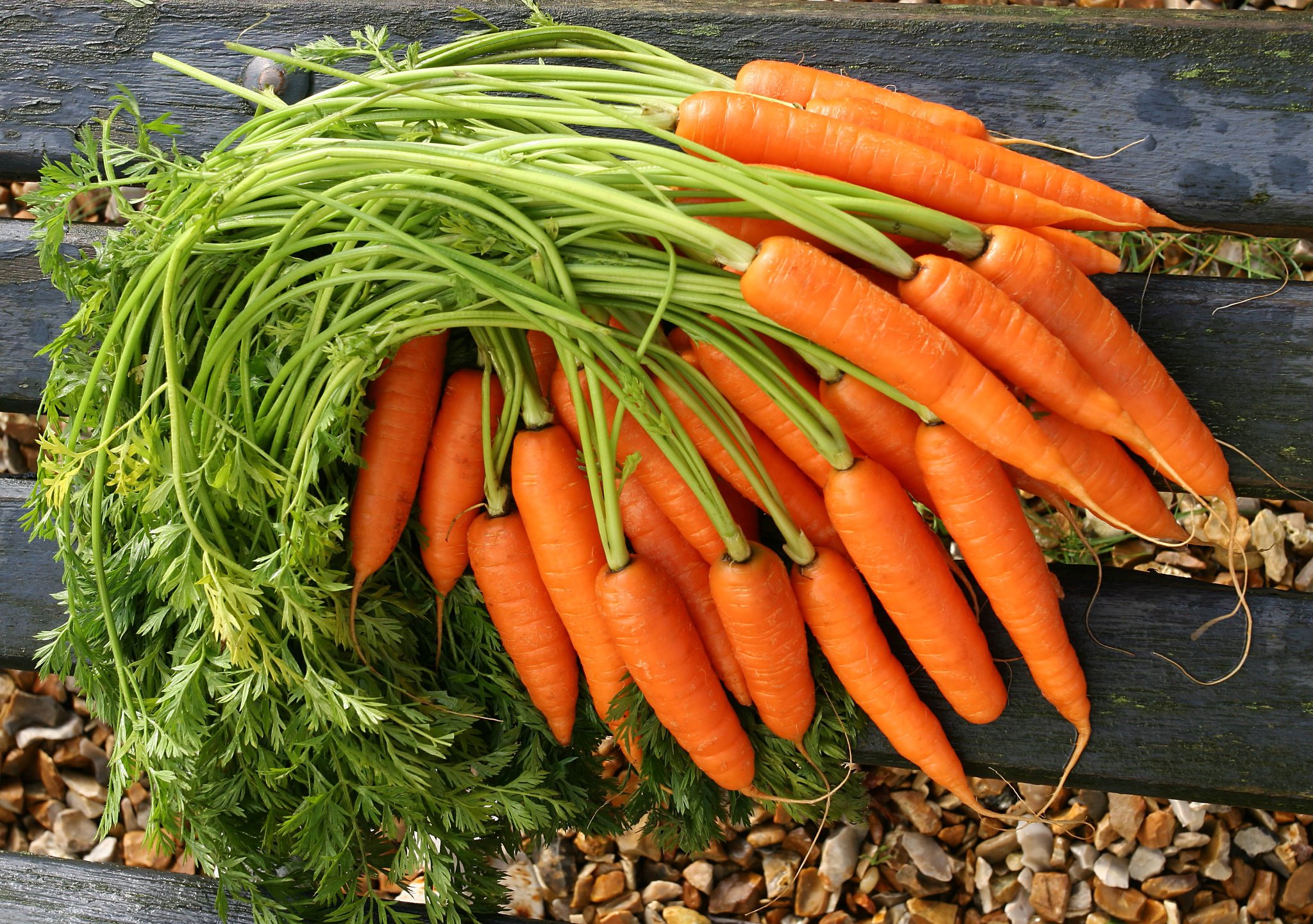

These are unprecedented times. There are some parallels with the Foot and Mouth crisis in 2001 but multiplied up by a factor of 100. We all recognise that in short space of time the world has become a very different place. And we now face the challenge of learning to adapt in a new and alien environment.
The last few days has raised a multitude of questions, most of which have not been asked before and have no quick and obvious answers. Our aim here are British Growers is to use our extensive network of contacts to raise issues and find solutions. Some solutions may be immediate, and others may take time. What’s clear from working through the last few days is the there is terrific intent to help and support, but the delivery of specific outcomes may take a little longer.
Recognition of the Importance of Food
Ironically 4 weeks ago we wondered if the UK was serious about maintaining a food industry. The immigration rules were set to decimate access to the traditional sources of seasonal labour and free trade agreements and the removal of tariff protection were posing a threat to both standards and prices. Fast forward 4 weeks and how different things look.
Key Workers
Food and other necessary goods This includes those involved in food production, processing, distribution, sale and delivery, as well as those essential to the provision of other key goods (for example hygienic and veterinary medicines).
We have been asked by several individuals how far this definition extends up and down the supply chain. Each case needs to be considered on its merits. The movement of people is key in bringing the virus under control and increasingly the focus is fewer people moving rather than more.
Letters confirming key worker status
We have been approached by several organisations asking for help with letters of confirmation for key workers. We now have a template letter, kindly provided by the Food and Drink Federation, which we can supply together with a British Grower logo and the relevant crop association logo.
Covid-19 – Guidance for Food Business
Public Health England released its advice for food businesses on 25 March. Here is the link to their site. https://www.gov.uk/government/publications/covid-19-guidance-for-food-businesses The document contains useful advice on managing social distancing in the workplace, although doesn’t deal with some of the more specific situations found on farm.
Access to Labour
There is no doubt that the issue of labour is being taken extremely seriously within Government. Everyone now understands the connection between labour and the continuity of food supplies. There are no easy solutions here.
ProduceView
Our weekly update on retail prices has had to be adapted to operate in the present circumstances. We have ceased our weekly visits to stores and for the foreseeable future we will be using data gathered from individual retailer sites. Not every retailer has an online operation but looking at the list that do, the data will cover a significant percentage of the grocery sector. If anyone did their own in-store price checking and wants to keep in touch with weekly in store pricing, please get in touch and we can set you up on the system.
Fruit and Veg Alliance
Through our position on the Fruit and Veg Alliance we are pulling together a list of box schemes and other local/ national outlets supplying consumers to their door throughout the UK and using locally grown fresh produce. Being realistic, these outlets are not going to make up for the loss of major food service contracts but may offer a route to market for smaller quantities of produce. As one of our major customers for fresh produce says – every little bit helps. Details are available on the British Growers website.
Morrisons
We have been working with Morrisons and our Asparagus Growers offering them an opportunity for locally grown British Asparagus to be available in Morrisons stores, supplying on a direct to store delivery basis. These local lines replace their ‘national’ British Asparagus in those stores for the growing season. Last year proved successful and this year more growers are signing up for their locally grown Asparagus to be sold in stores around the country. This is the perfect opportunity to showcase not only what an amazing product Asparagus is, but also to highlight the locally grown credentials. British Growers is working with Morrisons to expand this scheme to other crop sectors.
Turfgrass
Business operating in the turf industry currently sit outside the current guidelines on key workers because they don’t fit the definition of producing food. But as with ornamental and amenity growers, they are a key part of the agricultural industry. There was some confusion after the Prime Minister’s announcement on Monday 23 March about turf farms being forced to close. Until any further changes are announced, the current guidance has reassured members that they can continue to trade providing that social distancing guidance is being adhered to.
We have also been provided with the following guidance from the Department for Digital, Culture, Media and Sport (DCMS): “For security and essential maintenance reasons greens staff can still attend work.”
POs (Producer Organisations)
There are concerns from POs about receipt of payments (both the balance of payments for the 2019 scheme year and interim payments for 2020) given that no physical inspections can be carried out. We have been in touch with Defra and the advice is to continue to submit claims as normal and they will do their best to operate the system in the light of the current constraints. We are working with Defra to see what other measures can be taken to help POs. This includes actions that the UK can take unilaterally, as well as amendments/easements at an EU level (legislation, etc). There will probably be more to report as the days progress, and we all have a better understanding of how best to operate in these changed circumstances.
Stay safe in these difficult times.
British Growers Team

To Download this newsletter, please click here 200326 British Growers newsletter

